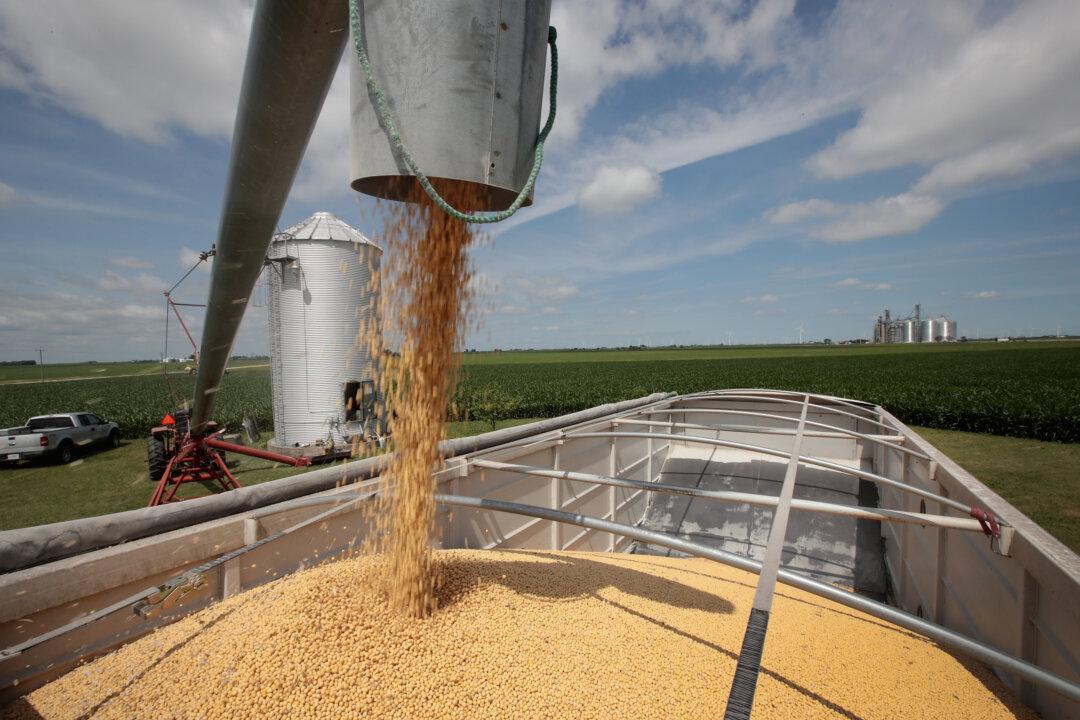WASHINGTON—Chinese officials are delivering on promises made during the G-20 summit in Argentina, a sign that the U.S.–China trade truce is bearing fruit. China bought U.S. soybeans for the first time since earlier this year when the trade war between Washington and Beijing escalated.
The U.S. Department of Agriculture confirmed that China bought 1.1 million tonnes of U.S. supplies, according to a Reuters report. The shipments are expected to occur during the first quarter of next year.





